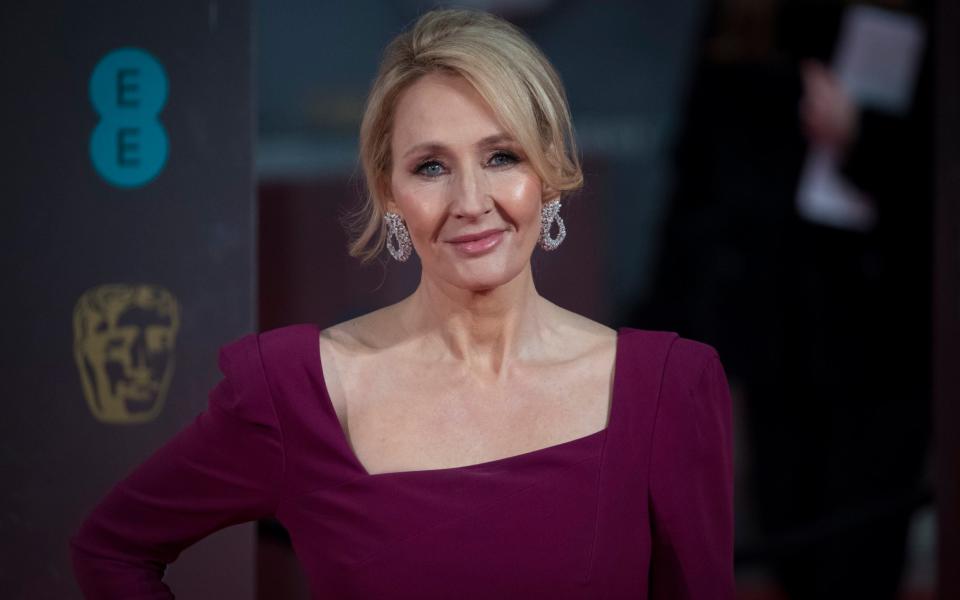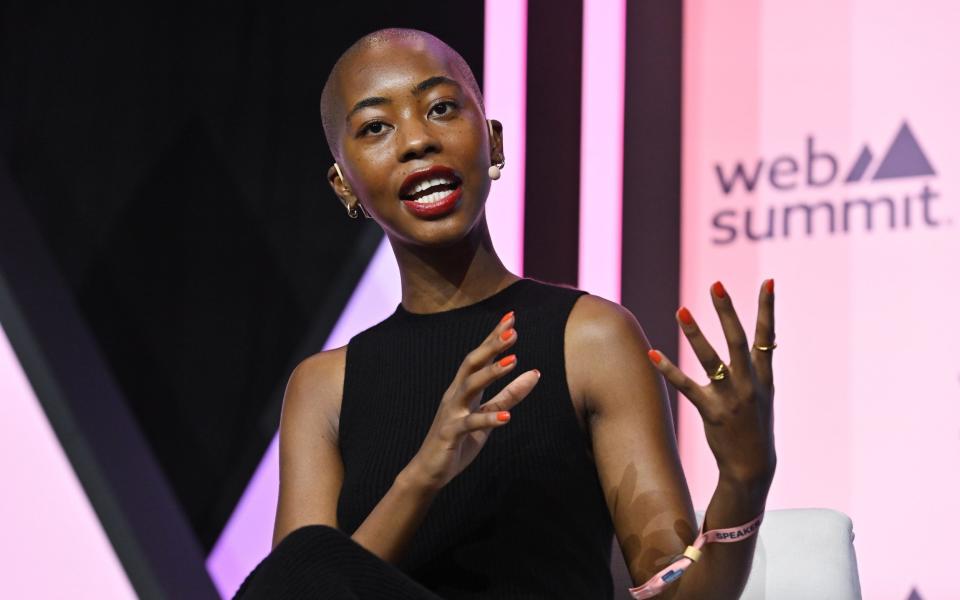Another week, another installment from the seemingly endless Hogwarts spin-off series Harry Potter and the Correct Pronouns. In this latest issue, which no one is queuing outside bookshops to grab, JK Rowling and Daniel Radcliffe continue their rant about biological sex, gender and trans rights.
I’ll update you on the saga so far, in case you’ve been busy getting on with your life. JK Rowling does not believe that transgender women are women. Radcliffe does, as do several other young actors from the Harry Potter films.
Last week, he gave an interview in which he distanced himself from the views of a woman he last worked with almost 15 years ago. “Ultimately, it makes me very sad,” he said of Rowling’s comments on trans people. “It would seem like I was… deeply insulted not to say something.
“I wanted to help people who were negatively affected by the comments. And to say that if those are Jo’s views, they are not the views of everyone involved in the ‘Potter’ franchise.”
Radcliffe admitted that “probably nothing in my life would be the way it is without that person [Rowling]… [but] that doesn’t mean that what you believe is true for someone else for your entire life.”
Am I the only one reading this and thinking: ‘why on earth does he have to spell this out for people’? Radcliffe was 12 years old when he was cast as the boy wizard Rowling had drawn so much from her imagination. He is now 34, with a child of his own.
I find it silly that he might have different opinions from a woman old enough to be a mother. It’s like expecting my husband to swear blind loyalty to the newspaper that gave him his first round of papers, and then yelling “WHAT ARE YOU?” when he comes in to buy a paper from those newspapers many years later, and happens to express an opposing opinion to the man behind the till about something on the front page.
But equally, I find it utterly tragic – not to mention a little childish – if, because of that different opinion, my husband point blank refused to shop at the newsagent again. And yet this seems to be what happened in the case of Harry Potter and the Correct Pronouns, with Radcliffe admitting that he has had no contact with Rowling since she began openly expressing her views on transgender women.

This is not a column about trans women, in case you clicked on it in the hope that you might froth with anger. It’s a column about the lost art of conversation, and living in a society where all nuance seems to have been abandoned in the desperate rush to be right (or left, depending on your political persuasion).
If the Romans had the Colosseum, we have X (formerly Twitter), and it’s a shame that people won’t be able to visit its remains even in years to come to see the great architecture.
Maybe it’s Pollyanna-ish of me, but I have this idea of an alternate ending to the Harry Potter franchise, in which Radcliffe and Rowling get together and have a proper conversation about these issues, politely – b’ maybe even privately! – instead of baiting each other from afar through social media and press interviews.
Debate used to be a skill taught at school – the art of disagreement was encouraged; Respect, even. Adults didn’t cut people up because they had different opinions. You didn’t refuse to work with someone, or kiss someone, just because they looked a little like a Torah.
You didn’t claim a person’s head on a block because of their politics. And you don’t dismiss the person as a talentless inrate simply because he refuses to snooze on his first boss for the rest of his working life.
Today, there seems to be a prevailing notion that people with opposing views are not wrong, but somehow evil. Is there another way? Writer Africa Brooke certainly hopes so. There is a wonderful book entitled The Third Perspective: Courageous Expression in the Age of Tolerance.
Brooke is from Zimbabwe, and she regrets being told by people – mostly white – that she is oppressed, or that her race is a burden. “You have your story, they have theirs,” Brooke wrote in her book, “somewhere in between lies the power of The Third Perspective [which is] a compass for connection, in a deeply divided world.”


The book is a powerful manifesto to help those who are “too cautious and start every word before it leaves your lips” or “lack nuance and shout indiscriminately”.
Brooke describes the cancellation culture as “a form of collective sabotage” and points out that “while it is a breeze to see the intolerance of others, to catch it in ourselves? Not so much.” Reading her words is a balm for the weary soul of the 21st century, forever pushing to go either left or right, secretly yearning for the shame of being somewhere in the middle to hide
“Some of us are extremely cautious, afraid of saying the wrong thing,” she writes. “Others let everything out, sometimes without thinking about the impact. That is the challenge of our time to find that center – that Third Perspective – where we can be true to ourselves, but also kind and understanding. That is the challenge we face.”
Whether we are up to it or not remains to be seen. But in the meantime, I’m glad that voices like Brooke’s are starting to break through and be heard.
It would be wise to listen to all of us, because the alternative – when we shout at each other and listen to each other for different opinions – only leads to deafening silence.